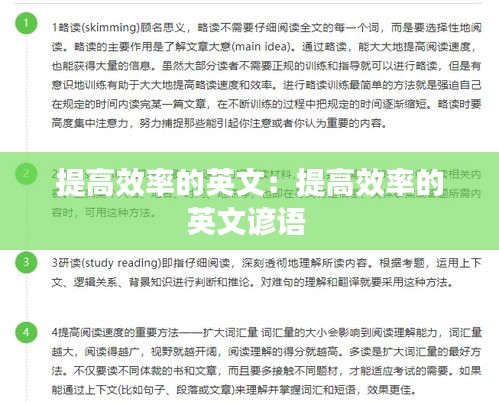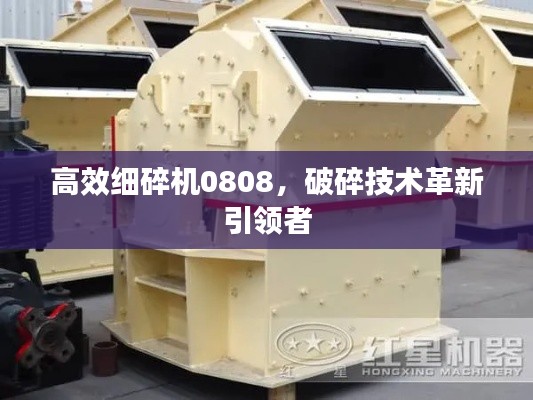<!DOCTYPE html>
Improving Efficiency: Strategies and TipsUnderstanding Efficiency
Efficiency is a key component of productivity and success in both personal and professional life. It refers to the ability to accomplish tasks with minimal waste of time, effort, and resources. In today's fast-paced world, where distractions are abundant and demands are high, mastering efficiency can make a significant difference in achieving our goals.
Identifying Bottlenecks
The first step towards improving efficiency is to identify bottlenecks. Bottlenecks are the points in a process where the flow is slowed down due to a lack of resources or inefficient methods. By pinpointing these areas, you can focus on streamlining them to improve overall efficiency. Use tools like flowcharts or process mapping to visualize your tasks and identify potential bottlenecks.
Time Management Techniques
Effective time management is crucial for efficiency. Here are some techniques that can help you manage your time better:
Prioritize Tasks: Determine which tasks are the most important and urgent, and tackle them first. This helps in ensuring that you focus on the tasks that will bring the most value to your goals.
Use a To-Do List: Keep a to-do list to organize your tasks and keep track of your progress. This can help you stay focused and avoid getting sidetracked.
Set Deadlines: Assign deadlines to your tasks to create a sense of urgency and motivation. This can help you stay on track and avoid procrastination.
Break Down Tasks: Break down large tasks into smaller, manageable steps. This makes it easier to start and complete tasks, and it can reduce the feeling of being overwhelmed.
Automation and Technology
Technology can be a powerful tool in improving efficiency. By automating repetitive tasks, you can free up time for more important activities. Consider the following options:
Software Tools: Use project management software to track tasks, deadlines, and progress. This can help you stay organized and ensure that you are on top of your work.
Email Filters and Rules: Set up email filters and rules to automatically organize incoming messages. This can save you time and help you prioritize important communications.
Calendar and Reminder Apps: Utilize calendar and reminder apps to schedule appointments, meetings, and deadlines. This helps in maintaining a consistent workflow and reducing the risk of missing important dates.
Continuous Learning and Adaptation
Efficiency is not a one-time goal but a continuous process. To improve efficiency, it is essential to embrace a mindset of continuous learning and adaptation. Here are some strategies:
Seek Feedback: Regularly ask for feedback from colleagues, friends, or mentors. This can provide you with valuable insights on areas for improvement.
Read and Research: Stay updated with the latest productivity tools, techniques, and strategies. Reading books, articles, and attending webinars can provide you with new ideas and approaches.
Experiment with New Methods: Be open to trying new methods and tools. Not all solutions will work for everyone, so experimentation is key to finding what works best for you.
Reflect on Your Work: Take time to reflect on your work habits and identify areas where you can make improvements. This can be done through journaling or simply by taking a moment to think about your processes.
Conclusion
Improving efficiency is a journey that requires dedication and continuous effort. By understanding the concept of efficiency, identifying bottlenecks, implementing time management techniques, leveraging technology, and embracing a mindset of continuous learning, you can enhance your productivity and achieve your goals more effectively. Remember, efficiency is not about doing more in less
转载请注明来自北京维邻康大药房有限责任公司,本文标题:《提高效率的英文:提高效率的英文谚语 》











 蜀ICP备2022005971号-1
蜀ICP备2022005971号-1
还没有评论,来说两句吧...